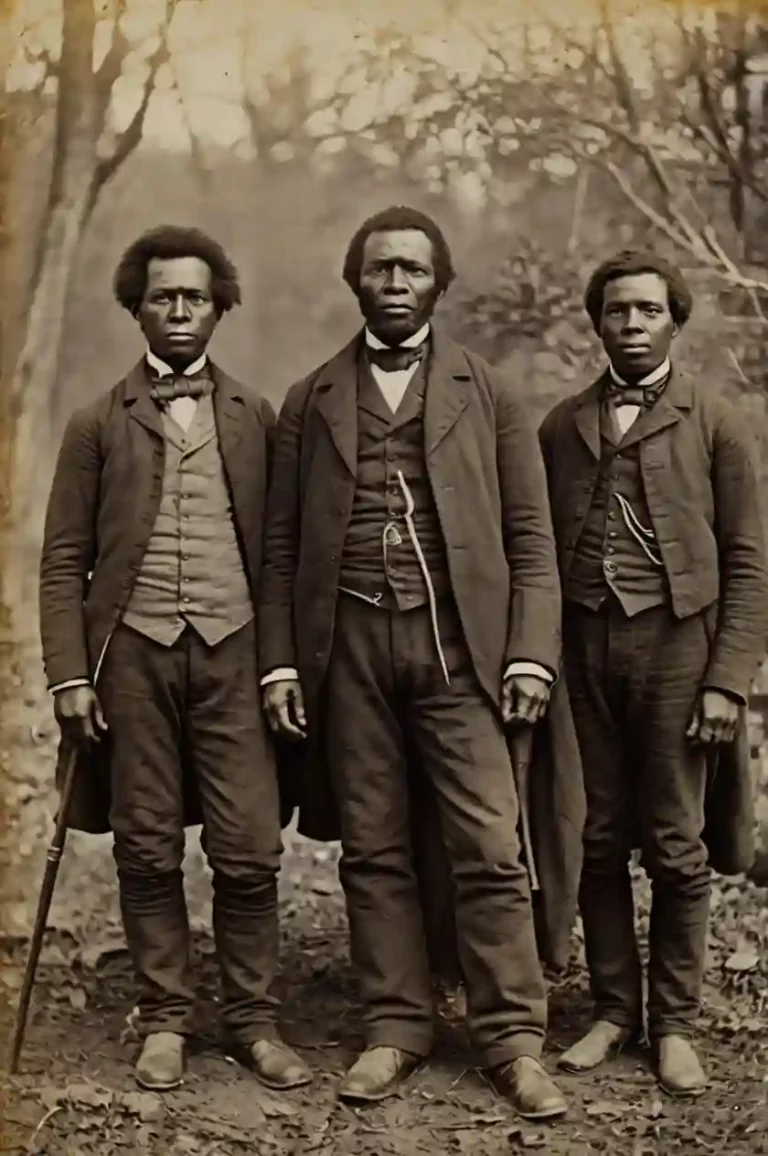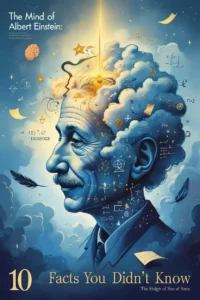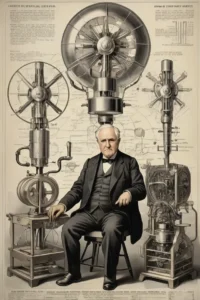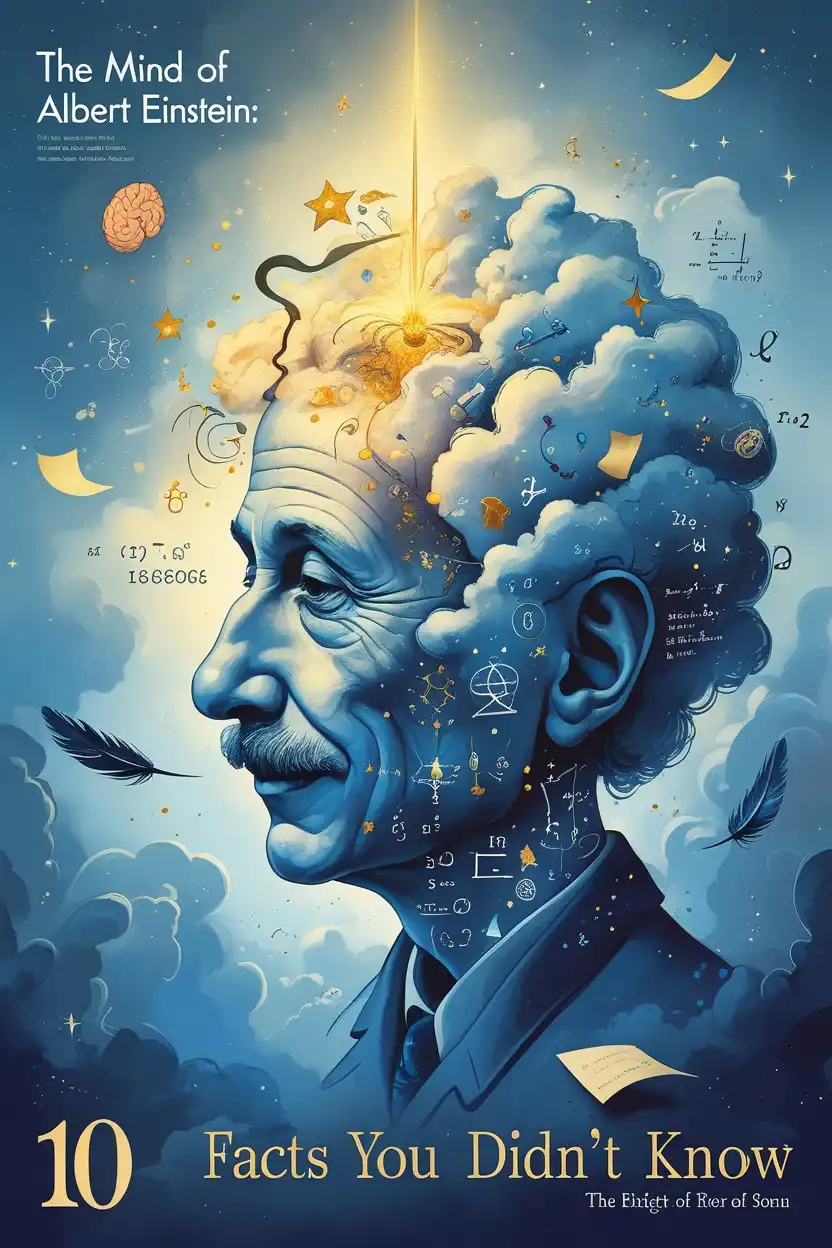Throughout history, the fight for freedom and equality has been illuminated by the tireless efforts of abolitionists who dared to challenge the status quo. These brave individuals, united by their unwavering belief in human dignity, became the “Sun of Freedom,” casting light on the darkness of slavery and inspiring change that reshaped nations. Their contributions not only altered the course of history but also laid the foundation for ongoing struggles for justice and human rights.
The Rise of Abolitionism
The abolitionist movement emerged as a powerful force during the 18th and 19th centuries, driven by a diverse group of activists, writers, and reformers who recognized the inhumanity of slavery. While slavery had existed for centuries, the moral and ethical opposition to this institution gained momentum during the Age of Enlightenment. Philosophers and religious leaders began to advocate for the inherent equality of all people, regardless of race or background.
Abolitionists were often met with fierce resistance, as slavery was deeply entrenched in economic systems and societal norms. Yet, their courage and determination fueled a movement that could not be ignored.
Key Figures in the Fight Against Slavery
Frederick Douglass: The Voice of Freedom
Born into slavery in Maryland, Frederick Douglass escaped to freedom and became one of the most prominent abolitionists in history. A gifted orator and writer, Douglass used his personal experiences to expose the brutal realities of slavery. His autobiography, Narrative of the Life of Frederick Douglass, an American Slave, became a cornerstone of abolitionist literature. Douglass tirelessly advocated for the abolition of slavery and equal rights for African Americans, becoming a symbol of resilience and hope.
Harriet Tubman: The Moses of Her People
Harriet Tubman, often referred to as “Moses,” was a fearless conductor on the Underground Railroad. Born into slavery, Tubman escaped and dedicated her life to leading others to freedom. She made over a dozen dangerous trips into the South, rescuing approximately 70 enslaved individuals. Tubman’s bravery and commitment to justice earned her a place among history’s most revered abolitionists.
William Lloyd Garrison: The Radical Reformer
William Lloyd Garrison was a passionate abolitionist who founded The Liberator, an anti-slavery newspaper that became a powerful platform for the movement. Garrison’s uncompromising stance on immediate emancipation and his fiery rhetoric inspired countless others to join the cause. He was also instrumental in founding the American Anti-Slavery Society, which played a significant role in mobilizing public opinion against slavery.
Sojourner Truth: A Voice for Justice
Sojourner Truth was an African American abolitionist and women’s rights activist who used her voice to advocate for equality. Born into slavery, Truth escaped and became a powerful speaker, captivating audiences with her speeches that combined personal testimony with calls for justice. Her famous speech, “Ain’t I a Woman?” remains an iconic moment in both abolitionist and feminist history.
The Impact of Abolitionists on History
The efforts of abolitionists culminated in significant milestones such as the abolition of slavery in the British Empire (1833) and the United States (1865). Their work not only freed millions from bondage but also sparked broader conversations about human rights, equality, and justice. The abolitionist movement inspired subsequent social justice movements, including civil rights, women’s suffrage, and labor rights.
Abolitionists demonstrated that change is possible when individuals dare to stand against injustice. They remind us that progress requires courage, persistence, and a willingness to challenge deeply ingrained systems of oppression.
Frequently Asked Questions (FAQ)
Who were abolitionists?
Abolitionists were individuals who actively worked to end slavery and promote equality. They came from diverse backgrounds, including former slaves, religious leaders, writers, politicians, and activists.
What methods did abolitionists use to fight slavery?
Abolitionists used various methods such as publishing newspapers and books, delivering speeches, organizing protests, lobbying governments, and assisting enslaved individuals through networks like the Underground Railroad.
How did abolitionists influence the end of slavery?
Abolitionists raised public awareness about the horrors of slavery through literature, speeches, and advocacy. Their efforts pressured governments to enact laws abolishing slavery, such as the Emancipation Proclamation in the U.S. and the Slavery Abolition Act in Britain.
What is the legacy of abolitionists today?
The legacy of abolitionists lives on in modern movements for social justice and equality. Their courage and determination serve as an inspiration for those fighting against systemic oppression and advocating for human rights worldwide.
Conclusion
The Sun of Freedom shines brightly because of the sacrifices and determination of abolitionists who refused to accept injustice. Their work serves as a testament to the power of individuals united by a common cause. As we reflect on their contributions, we are reminded that the fight for freedom is ongoing—and that we must continue to strive for a world where equality and justice prevail for all.





